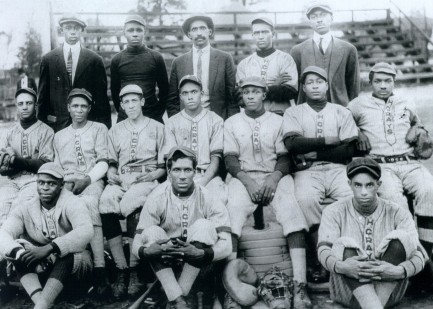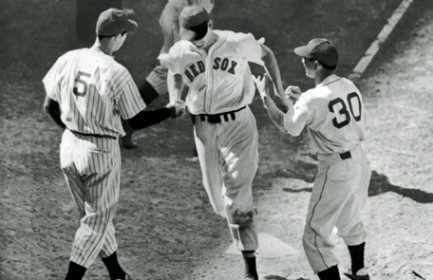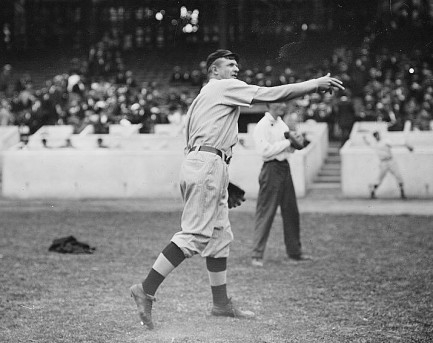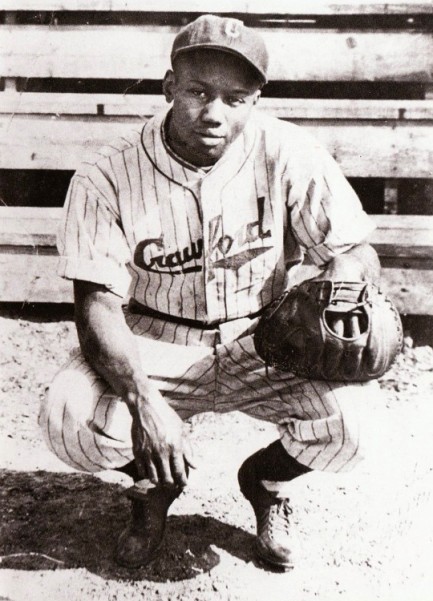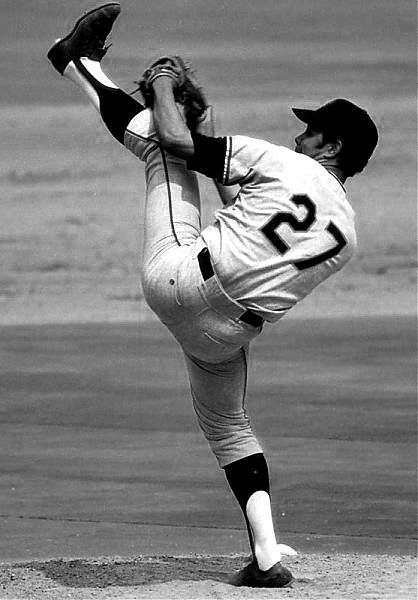| Hollywoodland | Sep 8 2018 |

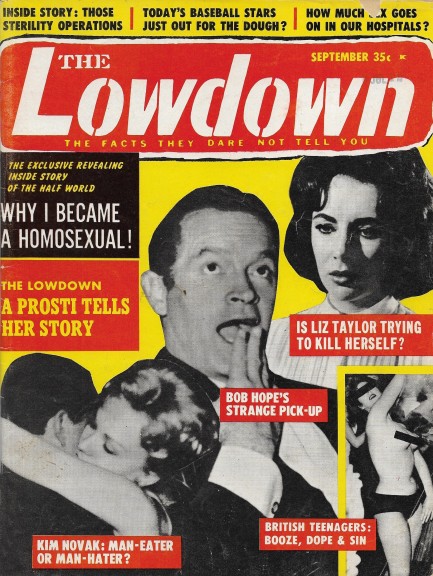
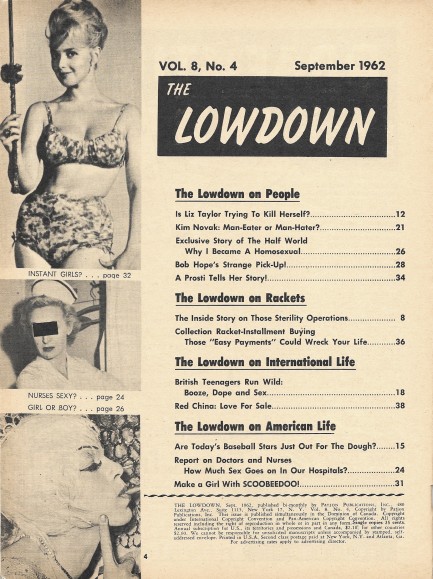
 could make lampshades, baskets, placemats, keychains. A California man famously used it to make bikinis. We imagine it would work for household repairs, light sexual bondage, whatever you needed it for. The stuff was as popular as the hula hoop for a while. Apparently figures in the electrical industry even complained that a shortage of wiring insulation was due to Scoubidou because it used the same type of plastic.
could make lampshades, baskets, placemats, keychains. A California man famously used it to make bikinis. We imagine it would work for household repairs, light sexual bondage, whatever you needed it for. The stuff was as popular as the hula hoop for a while. Apparently figures in the electrical industry even complained that a shortage of wiring insulation was due to Scoubidou because it used the same type of plastic.Readers above a certain age will already know about all this, of course, but we had no idea. We weren't around back then. And that, succinctly, is why we maintain this website—because we learn about a past we never experienced. But surprisingly Scoubidou isn't just the past. It apparently still exists. It even has a Wikipedia entry with examples of the many things you can make (but no bikinis). So this was a very informative issue of The Lowdown, all things considered. The only thing we're bummed about is that our Scoubidou research provided no actual confirmation that the cartoon dog Scooby-Doo got his name from the toy. But he had to, right? Maybe a reader has the answer to that. In the meantime we have more than twenty scans below for your enjoyment and other issues of The Lowdown you can access by clicking the magazine's keywords at bottom.
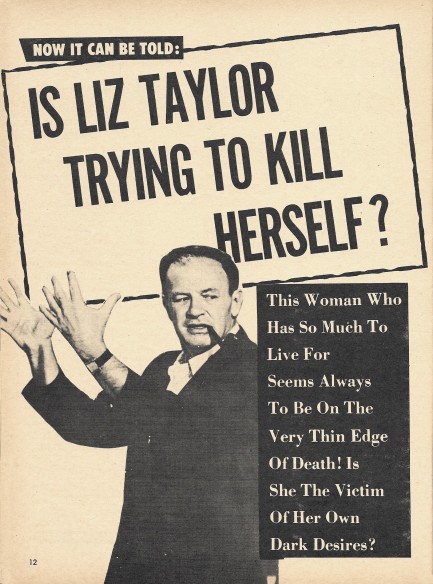
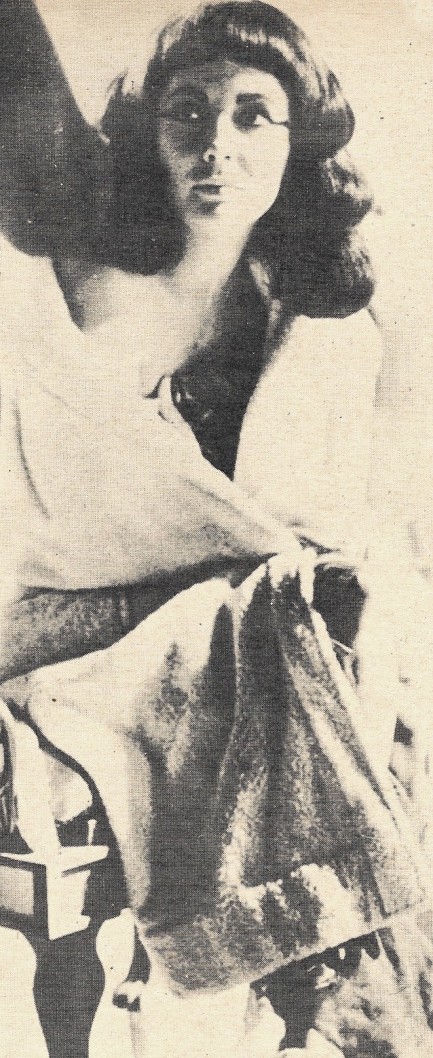
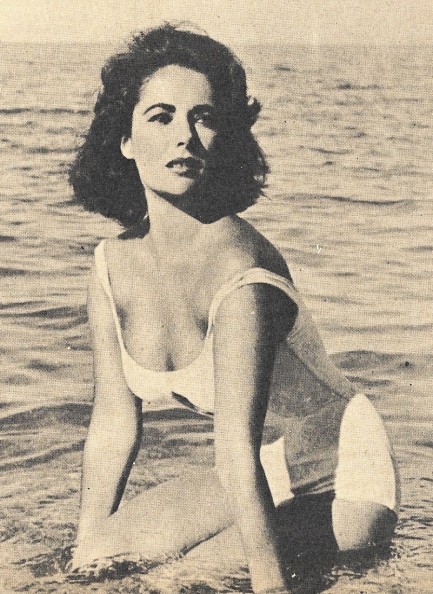
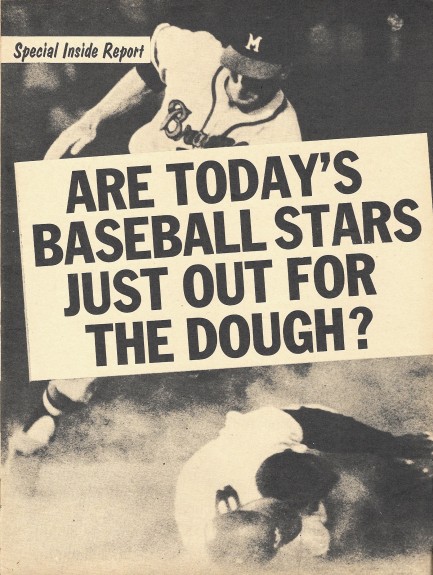
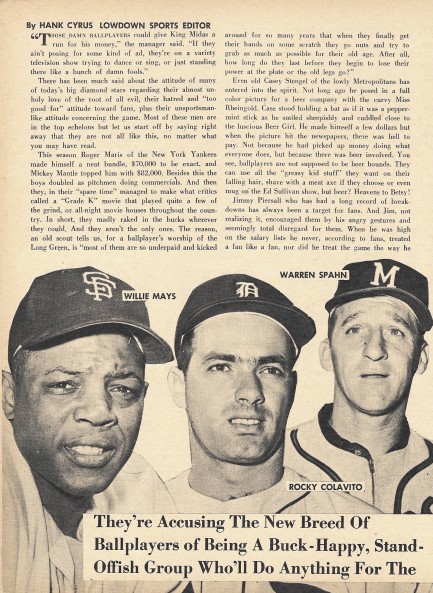
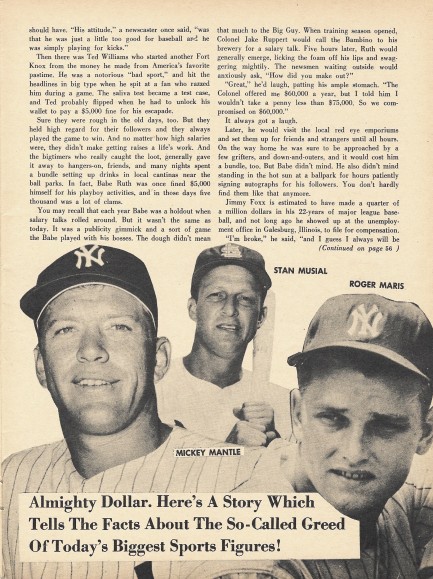
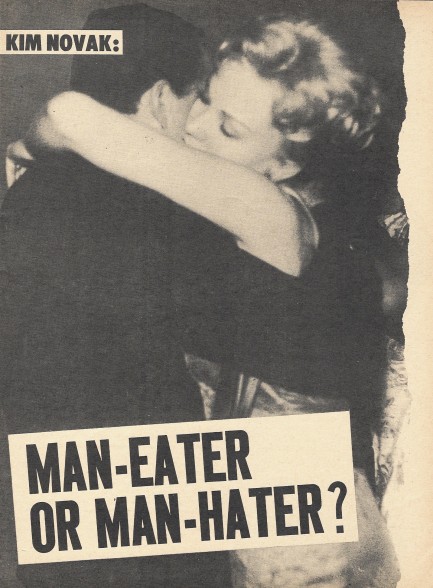
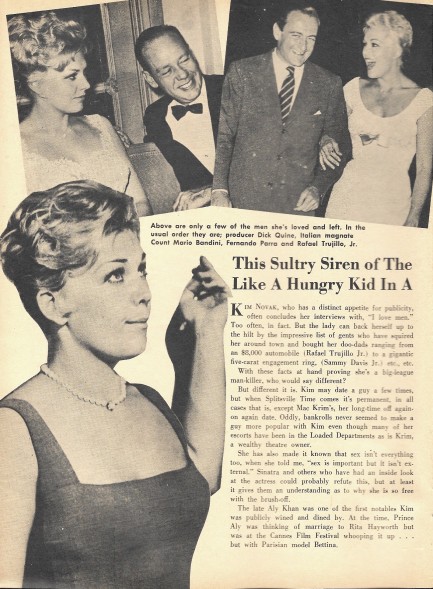
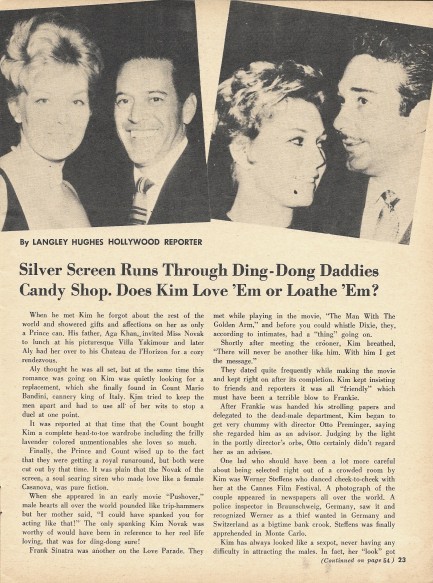
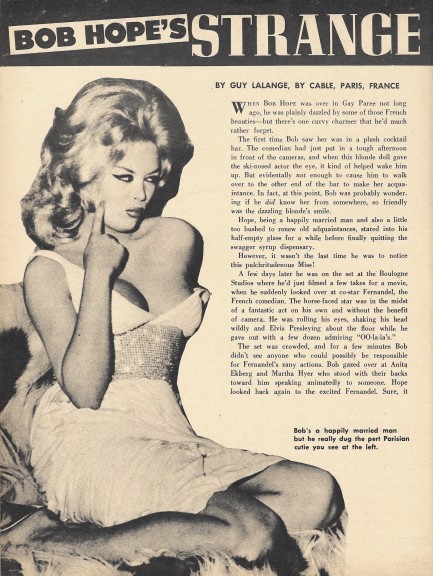
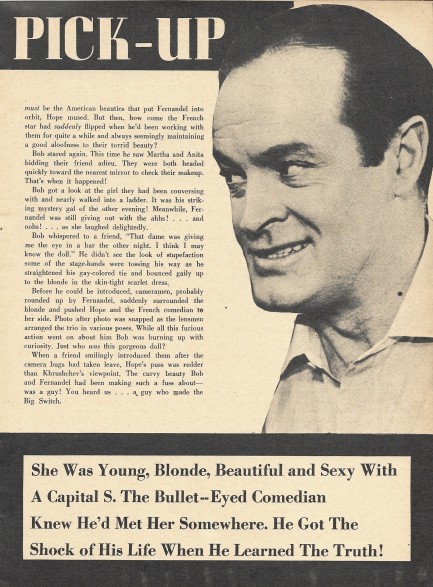
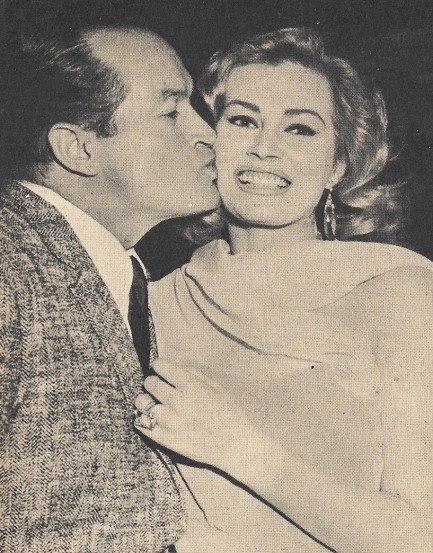
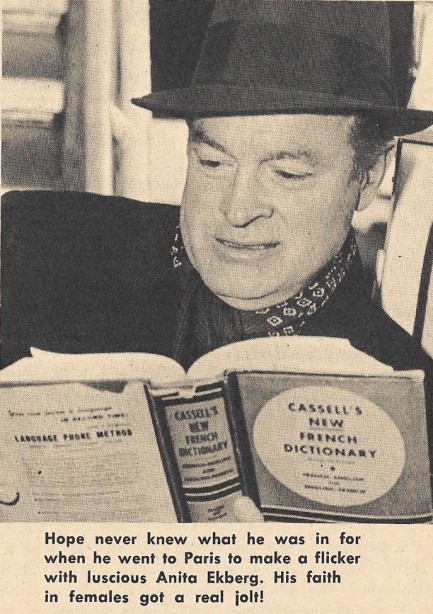
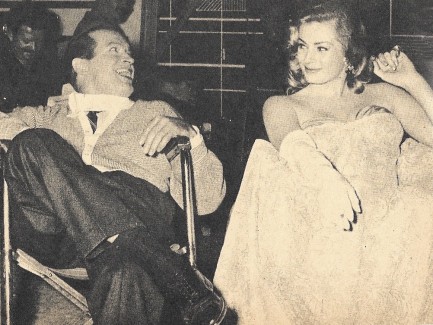
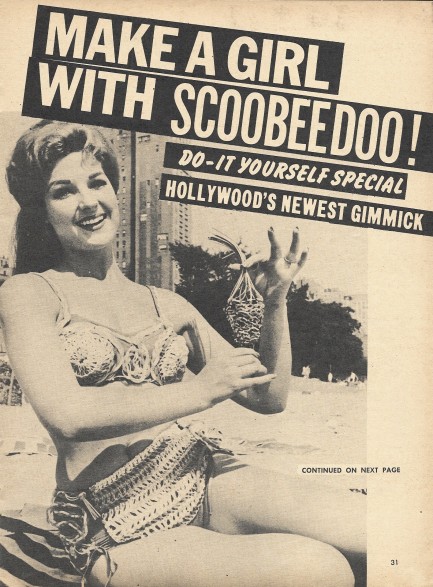
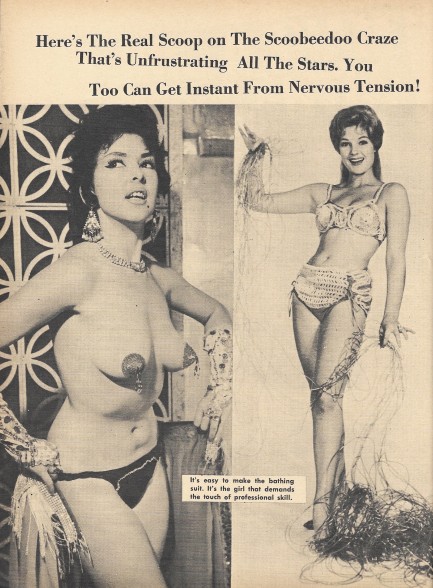
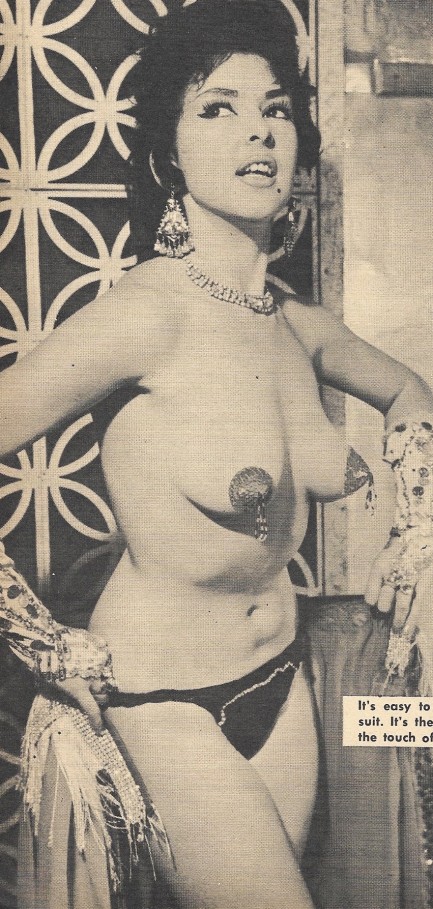
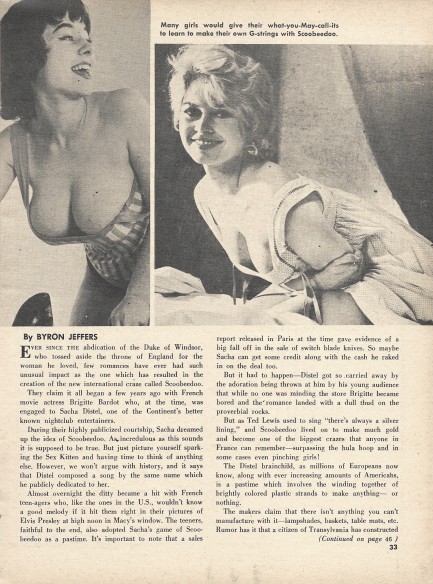
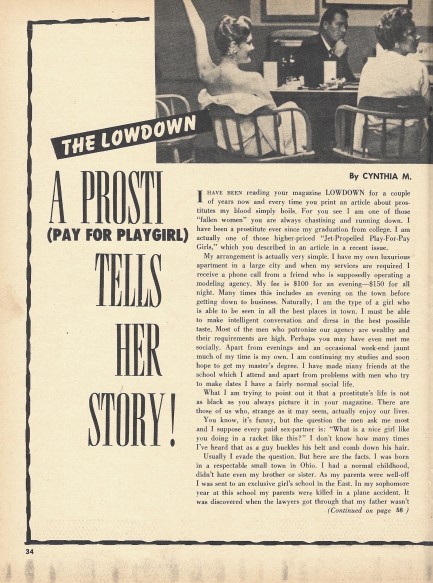
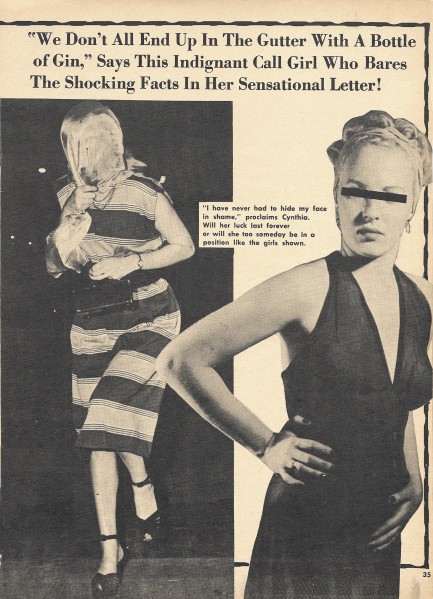

| Sex Files | Oct 18 2011 |

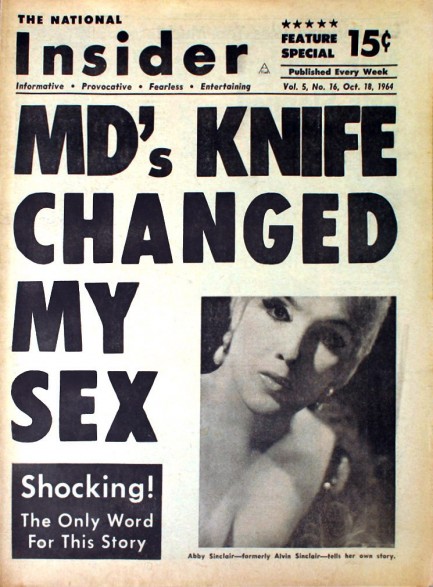
The mid-century tabloid obsession with transsexuals and gender reassignment continues with this issue of The National Insider published today, 1964. This time the subject is Abby Sinclair, who started life as Alvin Sinclair, but changed her sex and—like Coccinelle and Christine Jorgenson before her—became famous on the exotic dance circuit. Somehow 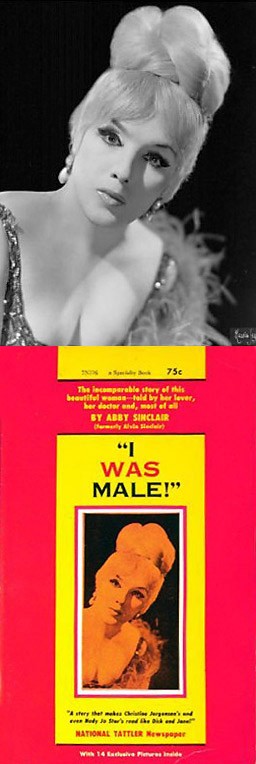 Insider got exclusive rights to Sinclair’s story, and ran it as a serial entitled “I Was Male.” The series was later published as a book.
Insider got exclusive rights to Sinclair’s story, and ran it as a serial entitled “I Was Male.” The series was later published as a book.
Sinclair, who sources agree had beautiful results with her reassignment, went on to a dual career as a stripper under the management of famed NYC promoter Bobby Colt, and as a manicurist named Alice at the Stage Barbershop in Manhattan. We found this out from a copy of (don’t laugh) The Beaver County Times from June 1965. Our guess is that the manicurist job was an excuse to get close to New York celebs, since her workplace was the preferred haircut stop for the likes of Mickey Mantle, Roger Maris, and Tom Poston.
The Times shares an anecdote about a famous columnist who saw Sinclair at Lou Black's Bellydance Emporium one night and recognized her from the barbershop. He sent a note to her only to be informed by Bobby Colt: "That's not Alice, and it's not a girl. That's a guy named Alvin Sinclair from Brooklyn who had one of those operations." Though it sounds as if Colt was turning his own client into a punchline, he really wasn't—the sex change was Sinclair's calling card, and all of her regulars knew she had been a man. For Colt, the more people who knew the story the better. We found nothing more on Abby Sinclair—her moment in history passed quickly. But life goes on, and wherever she went we suspect hers was always eventful.
| Intl. Notebook | Sportswire | Apr 5 2010 |

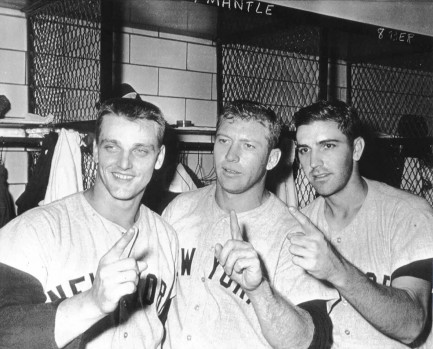
In the United States, Major League Baseball’s 2010 season opened last night with a couple of games, but today is the first full slate of baseball, and in commemoration we’ve tracked down a few images of baseballers from the past. We won’t identify every player, but we do want to make special mention of a few. In panel two below you see Ty Cobb spiking catcher Paul Kritchell in the nuts. Why? That's just how he rolled. Panel three shows Buck Leonard of the Homestead Grays running out a grounder against the Philadelphia Stars during the 1945 season, and below him is Oscar Charleston. Leonard, Charleston, and Josh Gibson, in panel eleven, are all Negro League players who were inducted into the Major League Baseball Hall of Fame way back in the early seventies. All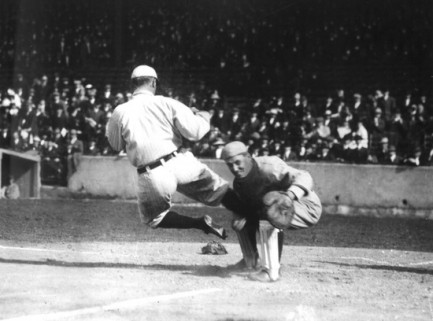
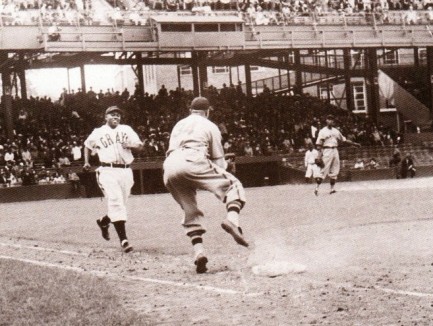
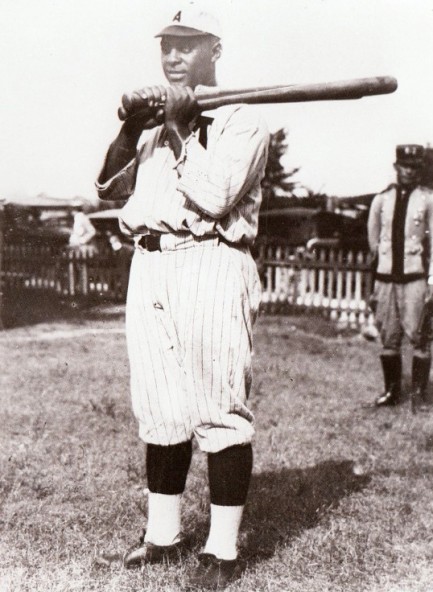 three are considered by sports historians to be among the best who ever played their positions, though they never played in the Major Leagues. Lastly, in panel fourteen you see Lefty Grove, one of the great pitchers of his era, frozen in time just before a game, forever young.
three are considered by sports historians to be among the best who ever played their positions, though they never played in the Major Leagues. Lastly, in panel fourteen you see Lefty Grove, one of the great pitchers of his era, frozen in time just before a game, forever young.
We decided to post all these photos because we’re basically a history site, and baseball, more than any other American sport, is inextricably bound with the country’s history. When you think of Ted Williams, you don’t just think of baseball—you think of World War II. When you think of Joe DiMaggio, you think of Marilyn Monroe and her tragic ending. Hank Aaron, chasing a sacred record with grim determination, is part and parcel of the civil rights movement—not for anything he said, but just because that was his place in time. For every era of baseball, the faces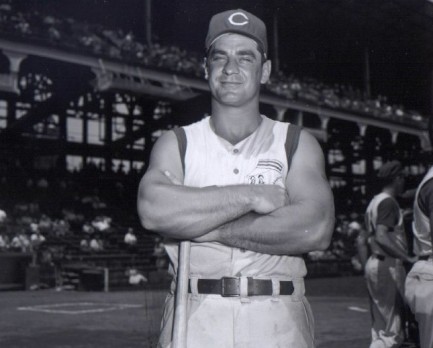
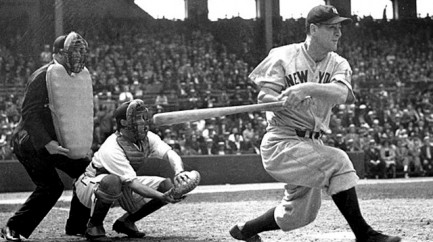
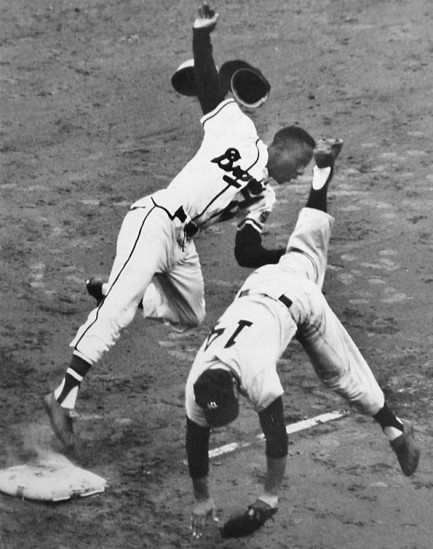 conjure moments on the field, but also events far from the confines of the ballpark. This is what makes the boys of summer such a special group. Seasons change, winter inevitably comes, careers and lives end, but their niches in history are secure. Meanwhile these images are a reminder of just how long and wonderful the summer can be. Enjoy the season everyone.
conjure moments on the field, but also events far from the confines of the ballpark. This is what makes the boys of summer such a special group. Seasons change, winter inevitably comes, careers and lives end, but their niches in history are secure. Meanwhile these images are a reminder of just how long and wonderful the summer can be. Enjoy the season everyone.
